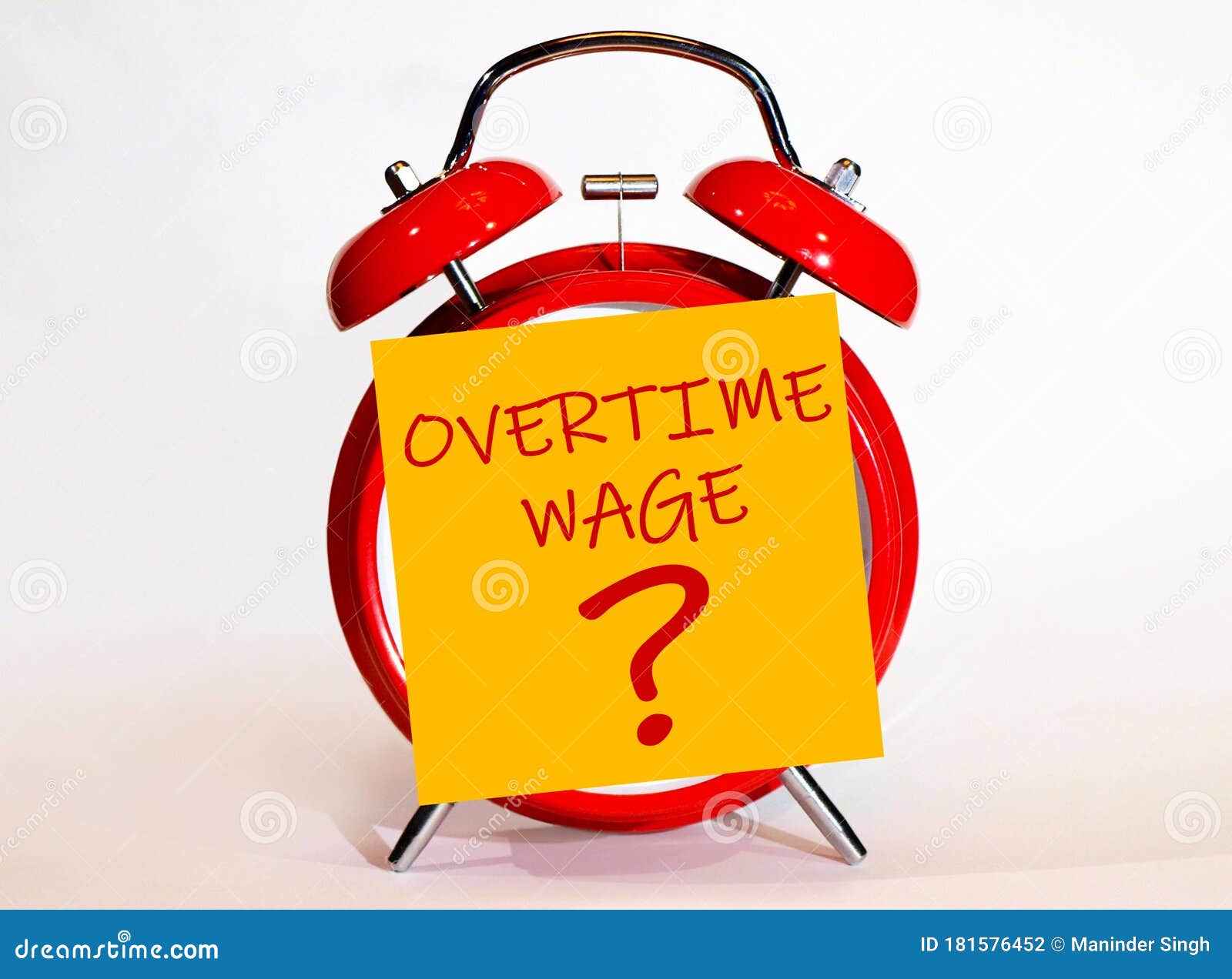
Still No Private Right of Action Under DOL’s Proposal Strengthening worker protections and enforcement, including debarment and anti-retaliation.Updating the regulatory language to better reflect modern construction practices.Issuing supplemental rates for key job classifications when no survey data exists.Providing broader authority to adopt state or local wage determinations when certain criteria is met.Periodically updating prevailing wage rates to address out-of-date wage determinations.

#Wage clocker update
Creating several efficiencies in the prevailing wage update system and ensuring prevailing wage rates keep up with actual wages, which over time would mean higher wages for workers.The DOL proclaims this proposal “is necessary to ensure employers on federally funded or assisted construction projects pay fair wages to the workers who build our roads, bridges, federal buildings and energy infrastructure.” Now, the DOL has proposed returning to the three-step process in place prior to 1983. At the time, the DOL cited concerns that the 30 percent rule contributed to inflation. This two-step process effectively removed the 30 percent rule from the equation. Any wage rate paid to a majority of workers (i.e., more than 50 percent).In 1983, the DOL set the process of determining prevailing wage as: If the 30 percent rule was not met, the weighted average rate.If there was no wage rate paid to a majority of workers, then the wage rate paid to the greatest number of workers, provided it was paid to at least 30 percent of workers (i.e., the “30 percent rule”).Any wage rate paid to a majority of workers.įrom the 1930s to the early 1980s, the DOL used the following three-step process to define prevailing wage: The law applies to workers on contracts in excess of $2,000 entered into by federal agencies and the District of Columbia for the construction, alteration, or repair of public buildings or public works. The Davis-Bacon Act was enacted in 1931 and requires the payment of locally prevailing wages and fringe benefits on federal construction contracts. According to the DOL, the proposal is meant to modernize the law and “reflect better the needs of workers in the construction industry and planned federal construction investments.” On March 11, 2022, the Department of Labor (“DOL”) proposed reverting the definition of “prevailing wage” under the Davis-Bacon Act to a definition used over 40 years ago. If this has occurred, call us at (562) 855-0004 to schedule a case evaluation.By David Chidlaw and Carina Novell on ApPosted in Labor and Employment Issues To take successful legla action against your employer, we can help if you did work for your employer and were not compensated your employer should've been aware you were working and ignored it. Make A Claim For Off The Clock Work Against Your Employer



 0 kommentar(er)
0 kommentar(er)
